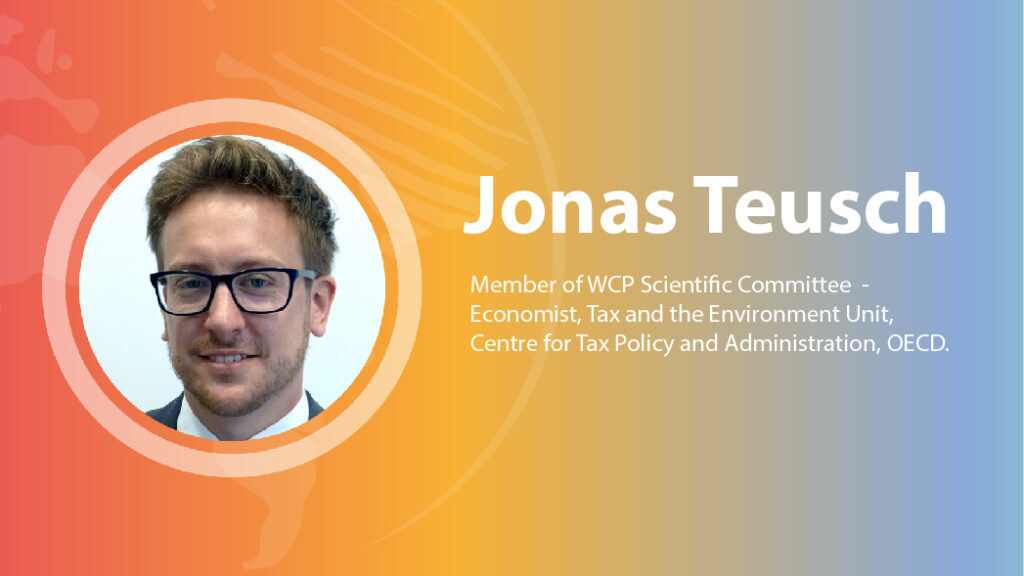Carbon pricing is more than good climate policy.

In 2018, 55% of emissions in OECD and G20 were completely unpriced, while 83% of emissions were not priced at a level reflecting a low-end estimate of their climate costs (EUR 30 per tonne of CO2).
Carbon pricing is more than good climate policy. Among its benefits, it can increase productivity and steer investments into future-proof assets, reduce local pollution, contribute to the mobilization of domestic resources, and help reduce informality. Perhaps more importantly, unlike most other climate policy instruments, carbon pricing generates revenues; in fact, also free allocation of emission allowances is a form of revenue use.
All these reasons should indicate the opportunities developing countries could exploit pricing carbon emissions even when the most advanced economies fall short. Certainly, many countries have taken unprecedented fiscal action in the face of Covid-19 and green stimulus is clearly useful, but more powerful if complemented by gradually increasing carbon prices.
Carbon pricing mechanisms will meet stronger public support if transparency is granted about how the revenues from their implementation will be used, but the best revenue use will always depend on the specific circumstances.

Member of WCP Scientific Committee Jonas Teusch – Economist, Tax and the Environment Unit, Centre for Tax Policy and Administration, OECD. From his speech at the launch webinar of WCP “Carbon pricing as a win-win solution for a green recovery” held on 18th March 2021